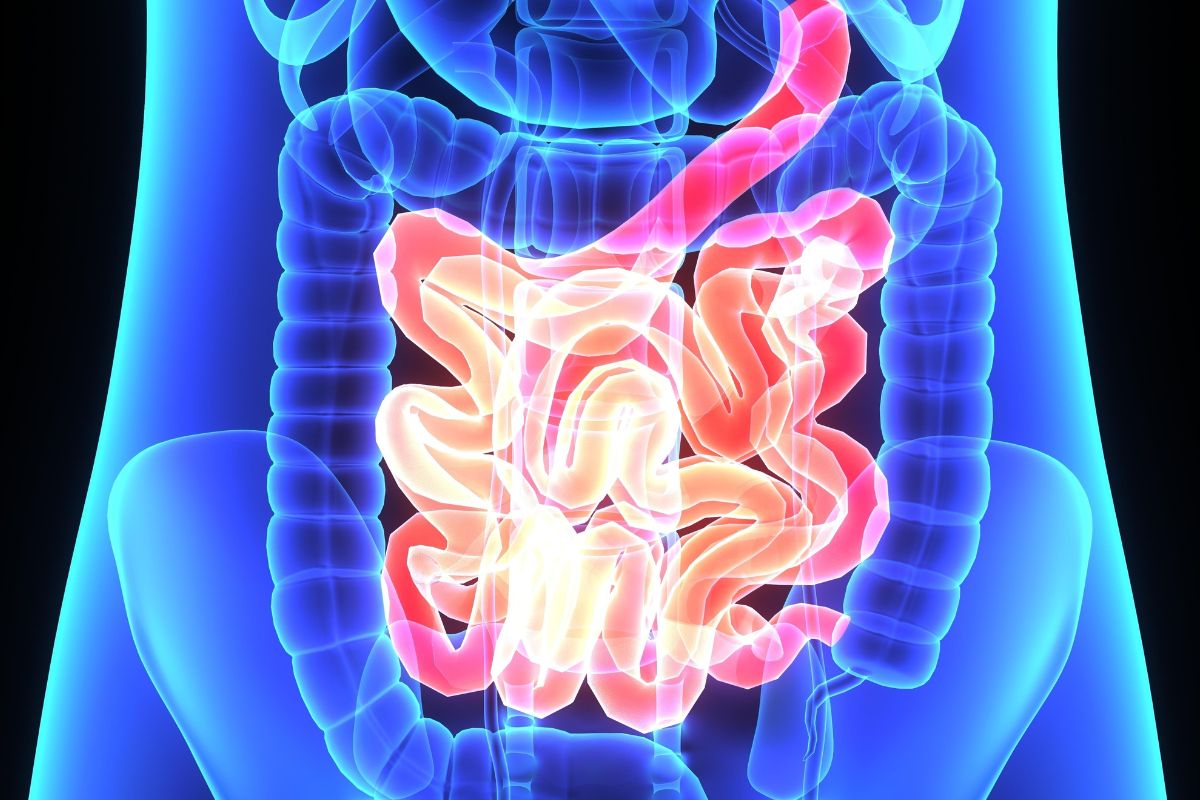
Malabsorption can be a tricky condition to understand. It happens when your body can't absorb nutrients from food properly. This can lead to various health issues, including weight loss, fatigue, and nutrient deficiencies. But what causes malabsorption? It can stem from different problems like celiac disease, Crohn's disease, or even certain infections. Symptoms might include diarrhea, bloating, and stomach cramps. How is it diagnosed? Doctors often use blood tests, stool tests, and sometimes even biopsies. Treatment usually involves addressing the underlying cause and making dietary changes. Want to know more? Here are 27 facts that will help you understand malabsorption better.
What is Malabsorption?
Malabsorption happens when the body can't absorb nutrients from food properly. This can lead to various health issues. Let's explore some interesting facts about this condition.
-
Malabsorption can affect anyone. It doesn't discriminate by age, gender, or ethnicity.
-
It often goes undiagnosed. Many people live with it without knowing, attributing symptoms to other causes.
-
Symptoms vary widely. They can include diarrhea, weight loss, and fatigue.
-
It can be caused by different conditions. Celiac disease, Crohn's disease, and chronic pancreatitis are common culprits.
-
Nutrient deficiencies are common. Vitamins and minerals like iron, calcium, and vitamin D are often lacking.
-
It can lead to anemia. Iron deficiency from poor absorption can cause this condition.
-
Bone health can suffer. Lack of calcium and vitamin D can lead to osteoporosis.
-
It can affect growth in children. Kids may not grow as expected if they can't absorb nutrients properly.
-
Stool changes are a clue. Pale, bulky, and foul-smelling stools can indicate malabsorption.
-
Blood tests can help diagnose it. Doctors look for nutrient deficiencies and other markers.
Causes of Malabsorption
Understanding what causes malabsorption can help in managing it better. Here are some key facts about its causes.
-
Celiac disease is a major cause. This autoimmune disorder damages the small intestine lining.
-
Crohn's disease also contributes. Inflammation from this condition can interfere with nutrient absorption.
-
Chronic pancreatitis plays a role. The pancreas doesn't produce enough enzymes to digest food.
-
Lactose intolerance can lead to it. The body can't digest lactose, leading to nutrient loss.
-
Infections can cause temporary malabsorption. Parasites and bacteria can disrupt the digestive system.
-
Surgery can be a factor. Procedures like gastric bypass can reduce nutrient absorption.
-
Certain medications can interfere. Some drugs affect the digestive tract's ability to absorb nutrients.
Diagnosing Malabsorption
Proper diagnosis is crucial for effective treatment. Here are some facts about how malabsorption is diagnosed.
-
Stool tests are common. They can reveal fat and other substances that shouldn't be there.
-
Blood tests check for deficiencies. Low levels of vitamins and minerals can indicate malabsorption.
-
Breath tests can detect lactose intolerance. They measure hydrogen levels after consuming lactose.
-
Endoscopy can provide a closer look. This procedure examines the small intestine for damage.
-
Biopsies may be taken. Tissue samples can reveal conditions like celiac disease.
Treating Malabsorption
Treatment varies depending on the cause. Here are some facts about managing malabsorption.
-
Diet changes are often necessary. Avoiding certain foods can help, especially with conditions like celiac disease.
-
Supplements can be crucial. Vitamins and minerals may need to be taken in pill form.
-
Medications can help. Enzyme supplements and other drugs can improve nutrient absorption.
-
Regular monitoring is important. Ongoing tests ensure nutrient levels stay balanced.
-
Support groups can be beneficial. Connecting with others facing similar challenges can provide emotional support.
Final Thoughts on Malabsorption
Malabsorption isn't something to ignore. It can lead to serious health problems if left untreated. Knowing the signs, like chronic diarrhea, weight loss, and fatigue, helps catch it early. If you suspect malabsorption, see a doctor. They can run tests and figure out what's going on. Treatment often involves dietary changes, supplements, or medications. Sometimes, addressing the underlying cause, like celiac disease or Crohn's, is necessary.
Living with malabsorption can be challenging, but with the right approach, you can manage it effectively. Stay informed, follow your treatment plan, and don't hesitate to seek support from healthcare professionals or support groups. Your health is worth the effort. Remember, early detection and proper management make a big difference. Stay proactive and take control of your well-being.
Was this page helpful?
Our commitment to delivering trustworthy and engaging content is at the heart of what we do. Each fact on our site is contributed by real users like you, bringing a wealth of diverse insights and information. To ensure the highest standards of accuracy and reliability, our dedicated editors meticulously review each submission. This process guarantees that the facts we share are not only fascinating but also credible. Trust in our commitment to quality and authenticity as you explore and learn with us.
